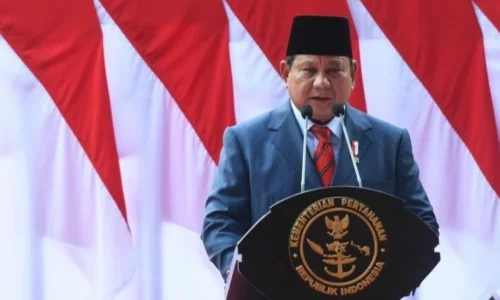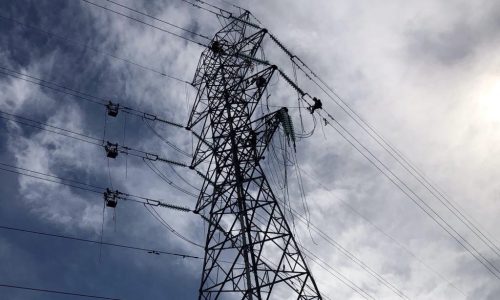The Indonesian Iron & Steel Industry Association (IISIA) predicts that national steel consumption will grow by 5.2 percent to reach 18.3 million tons in 2024 in line increasing demand due to growth in the property sector, government infrastructure spending, and the automotive steel-consuming industry.
According to the latest IISIA report, consumption growth aligns with the increasing trend from 2020 to 2023.Last year, national steel consumption reached 17.4 million tons, up from 16.6 million tons in 2022.
China remains the largest steel export market and a key driver of the national steel industry’s performance. Some market analysts estimate that China’s steel consumption will grow by 0.2 percent to reach 944.6 million tons. This demand remains high despite a decrease from the initial 1 billion tons. Fitch Ratings predicts that China’s steel demand will shift from the property sector to manufacturing and renewable energy.
IISIA notes that since 2018, China has been the main destination for steel exports, followed by Taiwan, India, the Philippines, and Malaysia. In October 2023, steel exports to China reached 8.1 million tons, an increase by 20.2 percent compared to the 2022 period. The share of exports to China accounts for 55 percent of Indonesia’s total steel exports, followed by Taiwan at 8 percent, India at 5 percent, Vietnam at 4 percent, the Philippines at 3 percent, and others at 25 percent. On the other hand, China is also the largest source of steel product imports for Indonesia.
“From 2018 to 2022, China was the main source of steel imports to Indonesia, followed by Japan, Oman, South Korea, Russia, and South Africa,” wrote the IISIA management, as quoted in its official website on Sunday. Besides global demand, the growth in the national steel-consuming sector also shows an increase in demand. The infrastructure sector under the government’s spending in 2024 increased by 7.9 percent to Rp423 trillion. Additionally, the property sector, projected to grow by 3-5% this year, is supported by the government’s policy to provide value-added tax incentives borne by the government n property purchases. On the other hand, the automotive sector will also contribute to absorbing national steel products. According to Gaikindo data, new car sales in 2024 are expected to reach 1.1 million units, up from 1.05 million units last year.









